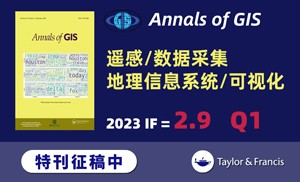Ethics & Behavior ( IF 1.8 ) Pub Date : 2020-09-10 , DOI: 10.1080/10508422.2020.1817746 Hongwei Yu 1 , Perry L. Glanzer 2 , Byron R. Johnson 3
ABSTRACT
Academic cheating has long been persistent and pervasive on college campuses. Informed by the theory of planned behavior (TPB), we studied how factors collectively influence academic cheating among undergraduate students. Consistent with prior research, we found a lack of self-control, attitude toward academic misconduct, subjective norm, and perceived behavioral control relates to college student engagement in academic cheating. Notably, we found that attitude toward academic cheating not only directly relates to student academic cheating but mediates the relationship between lack of self-control and student academic cheating. Given that the attitude toward academic cheating is malleable, such findings have important implications for reducing academic misconduct among college students.
中文翻译:

考察学生态度与学业作弊的关系
摘要
长期以来,学术作弊在大学校园中一直存在且普遍存在。在计划行为理论(TPB)的指导下,我们研究了因素如何共同影响本科生的学术作弊。与先前的研究一致,我们发现缺乏自我控制、对学术不端行为的态度、主观规范和感知行为控制与大学生参与学术作弊有关。值得注意的是,我们发现对学业作弊的态度不仅与学生的学业作弊直接相关,而且在缺乏自我控制与学生学业作弊之间起到中介作用。鉴于对学术作弊的态度是可塑的,这些发现对于减少大学生的学术不端行为具有重要意义。









































 京公网安备 11010802027423号
京公网安备 11010802027423号